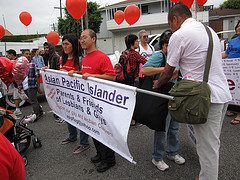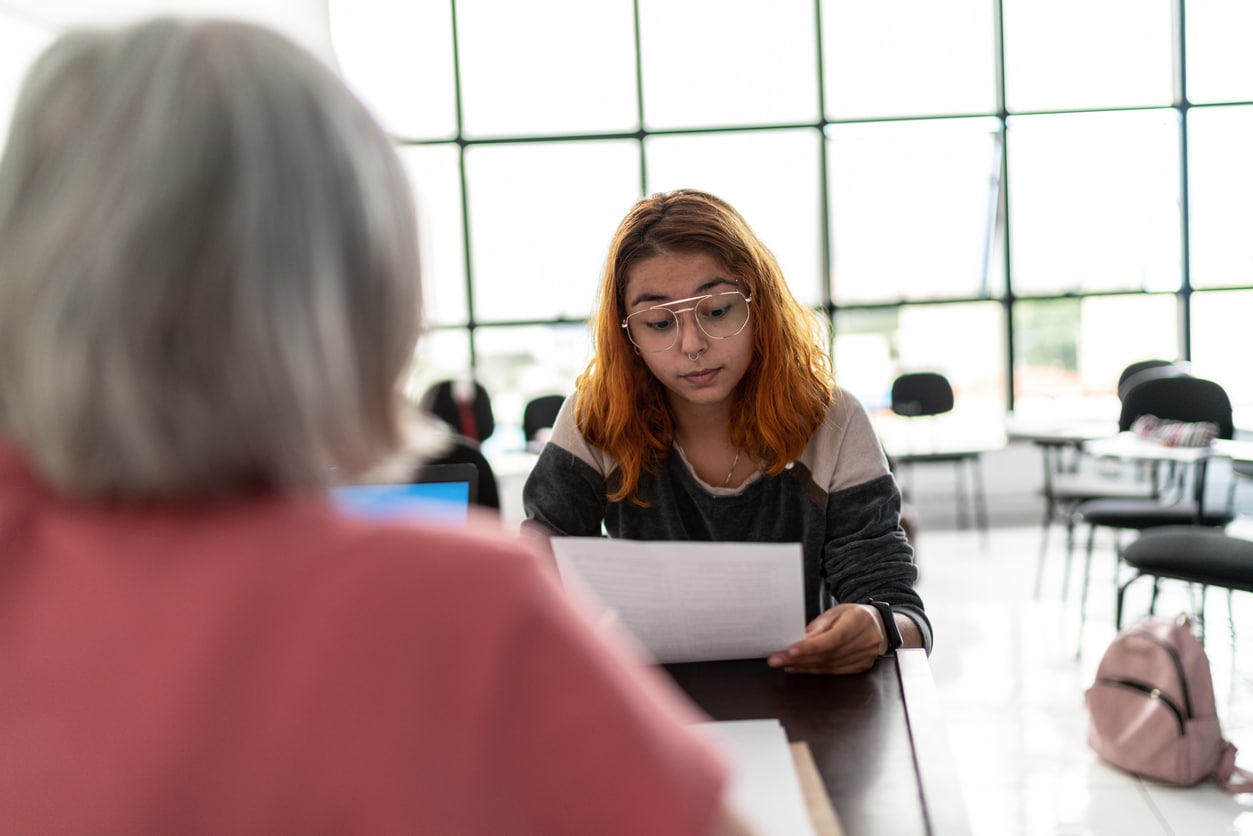During the closing plenary of our recent National Convention, Alex Tom from the Chinese Progressive Association (CPA), when talking about the future of the field of community development and of the AAPI movement(s), said that many youth his organization works with are coming out at younger ages.
He said this highlights a challenge for us, about how AAPI CBOs in general need to be better about creating space at all levels (from the communities that we serve to our workplaces, our gatherings, etc.) that is safe and welcoming for LGBTQ folks, and that we need to do a better job of recognizing individuals and communities in terms of the full range of our intersectionalities.
Riffing off of my friend Alex’s comments and noting that this is the close of Pride Month, I want to challenge those of us who care about social change and social justice to think beyond coalition politics and move towards a deeper politics of love, mutual care, and shared destinies.
Much of politics is transactional. As an organization that has a Washington, D.C., office, we know this all too well. We often advocate for specific issues/causes/policies not only because we believe in the cause at hand but also because we want people to sign on to our issue at a future date. I don’t want to diminish the importance of coalitions or to say that coalition work is only transactional. But, in the big tents where many of us live and work, a lot of what we do is scratching backs in order to get future back scratches. Again, nothing wrong with this, per se. But it can’t be all that there is. Our work needs to be about more than our own organizations’ narrow agendas, more than favor for favor, more than mutual gratification of self-interests.
Family Values
One of my many pet peeves is that the left has ceded the term “family values” to the right.
We also have values that are rooted in families. We also value families.
Marriage equality, for example, is fundamentally about family values. It is about love and commitment, about valuing and giving full public recognition to loving and committed relationships. The types of relationships that are the baseline for home, for family.
We have family values. And we have a more expansive (less narrow), more inclusive (less exclusive), more loving (less hateful) definition of family.
Conservative intellectuals paint a picture of the left as valueless, permissive, and relativistic, a fractured mishmash of noisy identity-interest protest groups where every special interest group, no matter how far out there, gets a day or a month. To them, the left agenda is not unified or coherent (except the extent to which everything is a secret Islamicist, socialist conspiracy).
And this characterization (at least in terms of being a herd of cats) has elements of the truth to it. We all have pet issues and causes—things that will trigger our anger, spark our enthusiasm. And there are strains and contradictions within the tent that contains us all.
But here, I want to return to our more expansive notion of family, of family values and of love. I want to push us towards what Ai-jen Poo, Director of the National Domestic Workers Alliance, calls a politics of love—a politics that is based in love and that is about love. A politics that does not erase our differences but builds deep connections, all the same. As Ai-jen writes, “We need to come together to write a new story for our changing nation, one that places equity, care and human connection at its center.”
And this is how, I believe, that we build spaces that are welcoming for all of us. It goes beyond tolerance and acceptance, beyond favor-for-favor, beyond the celebration of the day or the month. It is, paraphrasing Ai-jen again, about changing the culture of our organizations, of our movements – even as we push for social change in the world outside of our movements. We need to remember why we do this work in the first place and build connections between people, across boundaries, that are at this deeper level.
I don’t mean to only say that “all we need is love” and everything will be OK. There is plenty of hard work—plenty of other things both big and small—that we will need to do to change. But it all needs to start with love. It can only start with love.
To illustrate this, I’ll close with another story from our recent Convention. On a workshop panel about AAPI Community Organizing, Sarath Suong, co-director of the Providence Youth Student Movement (PrYSM) said that, recently, former gang members in his community have been speaking out against homophobia. This is a development years and years in the making. It is about how a community of activists—many of them queer youth—stood up against detention and deportation of gang members/presumed gang members (see, for example, the Philadelphia version of this story). Sarath told the story of a former gang member who said that he speaks out against homophobia because, when he was in detention, no one else but young, queer activists stood up for him.
The activists and organizers who fought against deportation, who visited and supported people in ICE detention, who built deep and meaningful relationships across social boundaries, who went to hearings, who organized demonstrations did what they did out of love (and, also, an anger against injustice). They did not have the specific intent of turning OGs into proselytizers against homophobia. But this is the type of transformation that is possible from a politics of love.
These changes take years to happen, they do not always happen in the ways that had been hoped or expected. But the transformative power of love is the best of what we have to offer each other. It is how we change the world.
(Photo of Asian-American PFLAG chapter, CC BY-SA, from Flickr User InSapphoWeTrust.)





Comments